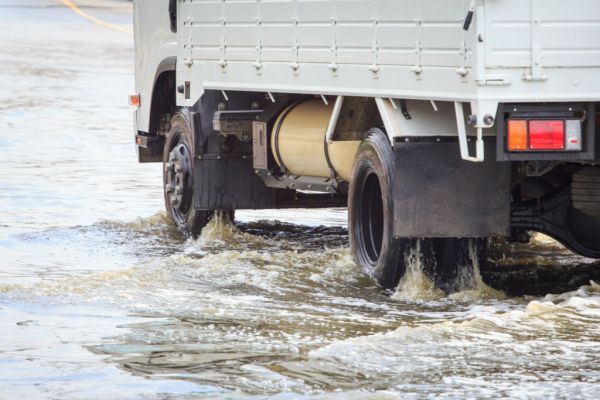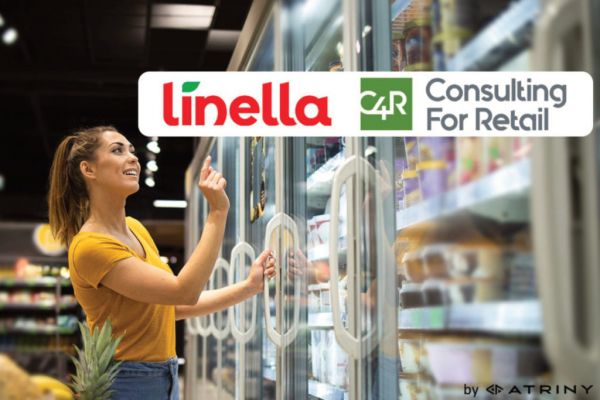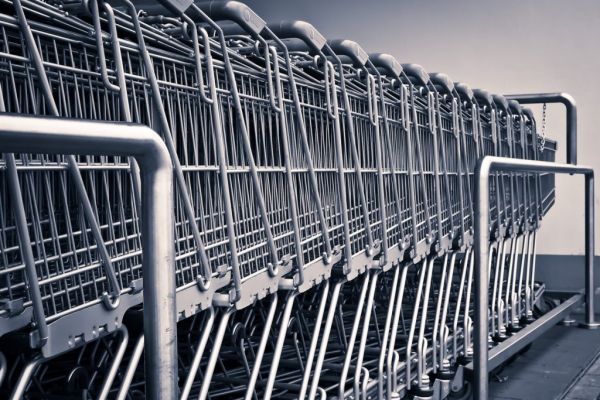The recent storms experienced across parts of Europe, and the cold snap and subsequent snow this month, highlights the importance of planning to avoid disruptions to the grocery supply chain following such events. Inclement weather can badly affect supply-chain processes, writes Debbie Day, partner and food and beverage expert at global insurance broker Lockton, for ESM.
The issue for retail businesses is twofold: traditional transport routes being affected and facilities becoming unusable. Inclement weather such as snow and heavy rain can have a dramatic effect on the supply chain with suppliers not receiving all of the produce they require and supermarkets not receiving anticipated delivery of products.
Given the increasing - and now almost annual - risk floods pose to retail sites across Europe, and the disruption floods and snow can cause to transport routes, both retailers and suppliers in the grocery sector need to be well prepared for such events and have contingency plans in place should the supply chain break down.
Retailers should be confident that if one supplier is unable to deliver the desired products that an alternative supplier is in place so they are not left short. This is an acute issue for those retailers who rely solely on one or two suppliers for certain products. Equally, adequate insurance policies for loss of revenue should be in place should the required product not make it to store - due to unforeseen circumstances - to compensate for the cost of sourcing produce from another supplier.
Food processing and distribution businesses face as many risks as supermarkets during snow, heavy rain and flooding, if not more. Not only are they waiting on produce from their own suppliers, but they also have to process it at their facility and then ensure its safe distribution to their retailer clients. Given this, it is vital they have sufficient insurance policies and programmes in place should part of that supply chain break down due to inclement weather. Structuring business interruption mitigation programmes to protect income flows is a must as is developing fleet safety programmes to support key delivery and distribution operations.
Regarding flooding specifically, suppliers should have a Flood Emergency Response Plan (FERP) in place which needs be updated and tested regularly. Each plan should be site-specific and include an action plan to prepare before and respond after an event. It is important to determine how much warning time suppliers are likely to have, how high the waters might rise and how long it will take the water to subside. It is crucial for suppliers to have sufficient insurance policies in place to cover the cost of claims for damage and loss of revenue in such an event and to notify their insurer immediately.
Flooding, in particular, often causes problems for businesses in the food and beverage sector as they are either unable to honour their agreements with retailers or are physically unable to receive desired products from suppliers. The continuation of the supply chain is crucial to business.
Fortunately, there are processes and policies both suppliers and retailers can put in place to mitigate risks which threaten the chain, and support them should it be temporarily broken.
© 2016 European Supermarket Magazine – your source for the latest retail news. To subscribe to ESM: The European Supermarket Magazine, click here.














